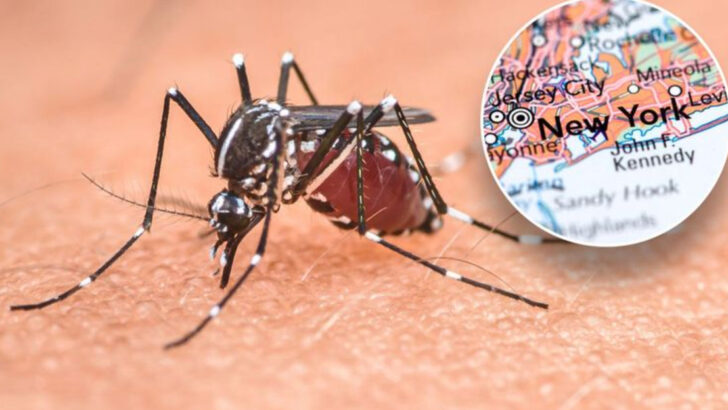If you think mosquitoes are just a minor nuisance, you’ve never lived in one of these states.
In some places, stepping outside in summer feels like ringing a dinner bell for swarms of bloodthirsty invaders. They bite, they buzz, and they turn backyards into battlegrounds. And let’s not forget the real threat—these little terrors spread diseases like West Nile virus and dengue.
While no part of the U.S. is completely mosquito-free, some states suffer far more than others. Warm, humid weather? Standing water everywhere? A mosquito paradise. And the worst part? They don’t just disappear when the sun goes down.
From muggy swamps to suburban neighborhoods, these 16 states are absolute mosquito nightmares. Is yours on the list?
Florida
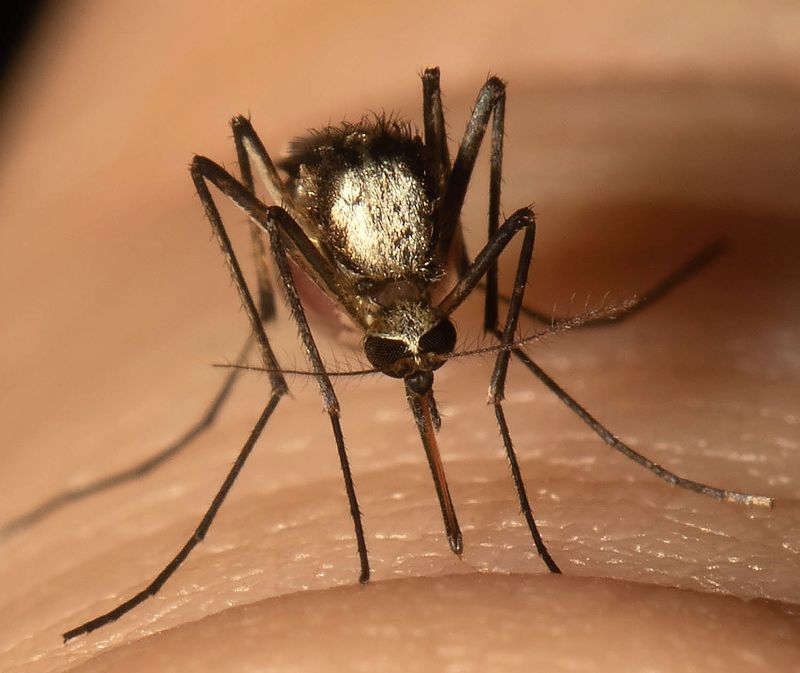
Florida’s warm, humid climate provides the perfect breeding ground for mosquitoes. With its extensive wetlands and frequent rain, the mosquito population thrives. Residents often find themselves swatting away these pests during outdoor activities.
Efforts to control mosquito infestations often include community spraying programs and public awareness campaigns. While these efforts help, the battle against mosquitoes remains ongoing.
Visitors to Florida’s beautiful beaches and parks should equip themselves with insect repellent to minimize the risk of bites and enjoy their time outdoors.
Texas
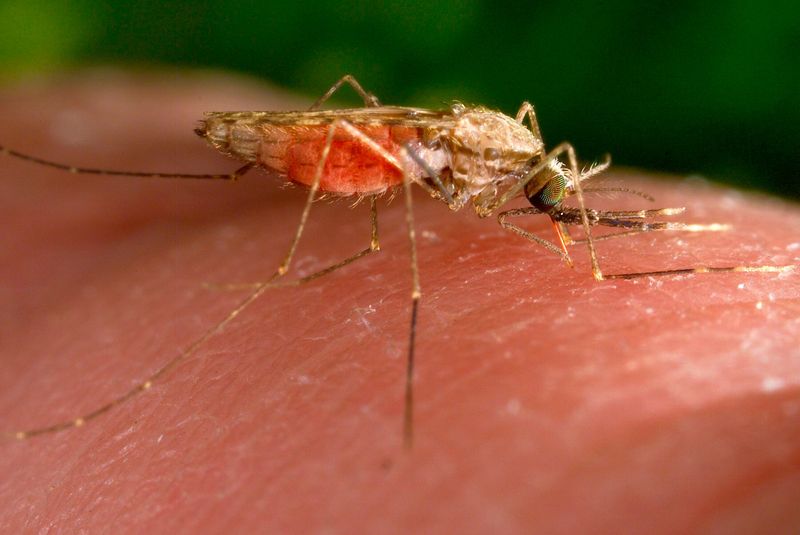
In Texas, the diverse landscapes, including marshlands and plains, contribute to a significant mosquito presence. The state’s size and varied climate zones make it a hotspot for multiple mosquito species.
The warm temperatures, even during winter, allow mosquitoes to breed nearly year-round. This constant cycle poses challenges for residents and public health officials.
Measures such as draining stagnant water and using mosquito traps are commonly employed to reduce populations. For those living in or visiting Texas, using protective clothing and repellent is advisable during mosquito season.
Louisiana
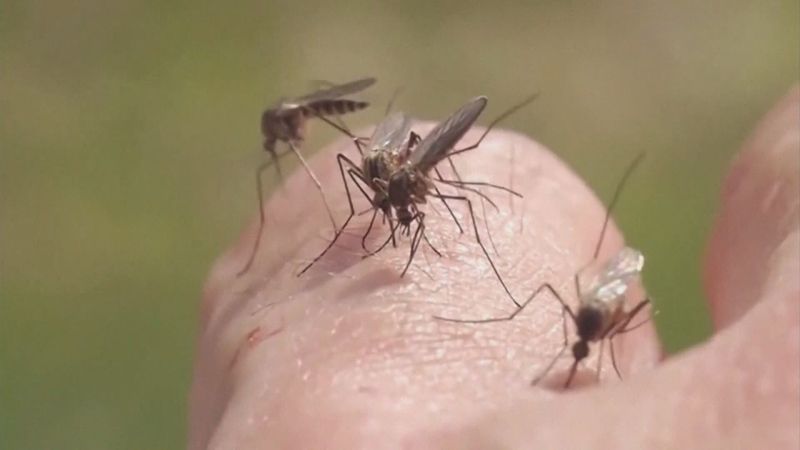
Louisiana’s vast bayou regions and humid climate create ideal conditions for mosquitoes. These areas are notorious for their high mosquito populations, especially after heavy rains.
Mosquitoes in Louisiana are often more than a mere annoyance due to their potential to spread diseases like West Nile virus. Consequently, health officials emphasize the importance of protective measures.
Residents typically rely on mosquito nets and repellents to safeguard against bites. Visitors should be prepared to encounter mosquitoes, especially in nature-rich environments, where they thrive.
Georgia
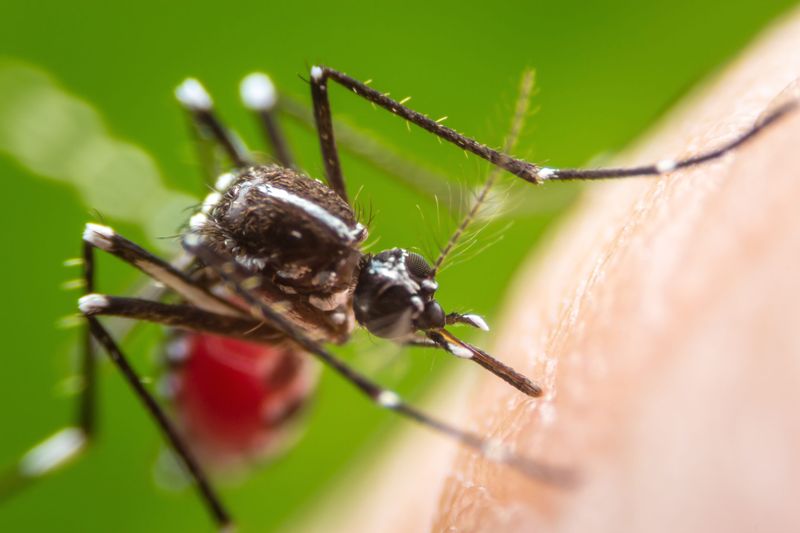
Georgia’s combination of warm weather, abundant vegetation, and water sources make it a prime location for mosquitoes. The state’s lack of harsh winters allows for extended mosquito seasons.
In rural and suburban areas alike, mosquitoes pose a significant issue, prompting public health campaigns to educate residents about prevention.
Simple precautions, such as eliminating standing water and avoiding peak biting times, are recommended. For those enjoying Georgia’s natural beauty, being mosquito-aware enhances outdoor experiences.
Alabama
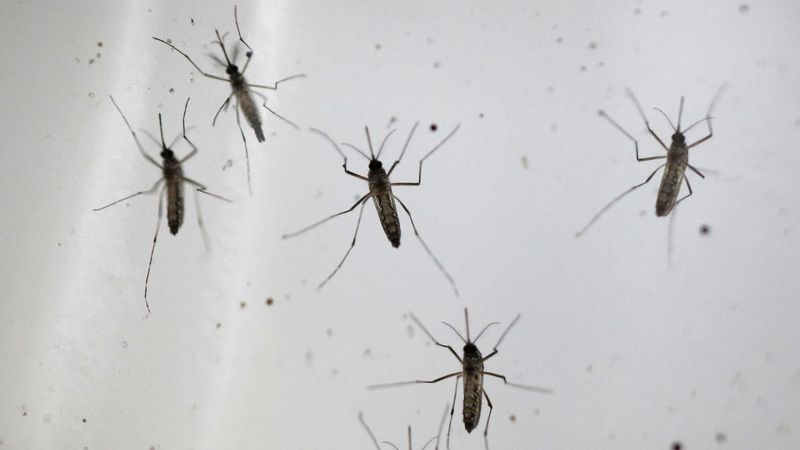
Alabama’s warm, moist environment provides excellent conditions for mosquitoes to flourish. The state’s numerous lakes and rivers add to the habitat where mosquitoes thrive.
Public health officials stress the importance of community efforts in controlling mosquito populations, focusing on education and preventative measures.
Residents often use mosquito-repelling plants and regular yard maintenance to keep the pests at bay. While enjoying Alabama’s outdoor attractions, taking steps to protect against mosquitoes enhances the experience.
Mississippi
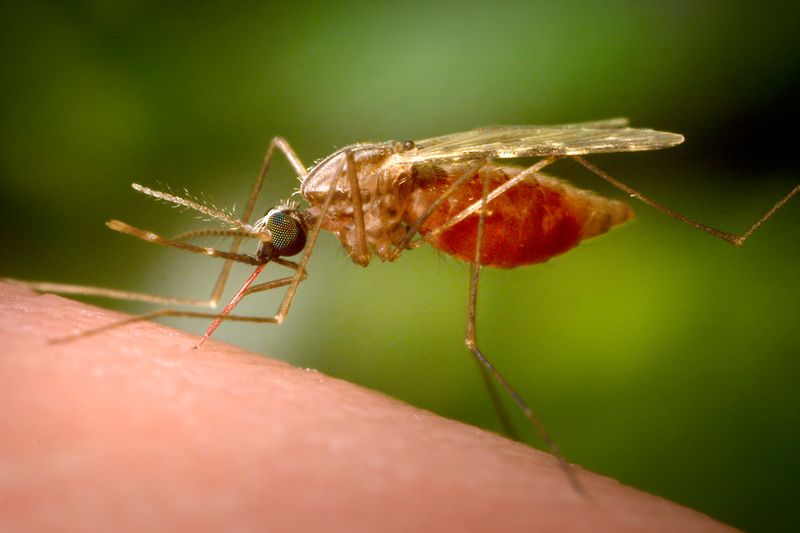
Mississippi’s delta region is notorious for mosquito infestations, primarily due to its humid climate and abundant water sources. Mosquitoes are especially prevalent during the warm, wet months.
Local authorities often implement mosquito control measures, such as spraying and public education campaigns, to manage this persistent problem.
For residents and visitors, using insect repellent and wearing protective clothing are common strategies to avoid bites. Enjoying Mississippi’s scenic outdoors often requires a bit of preparation against these buzzing nuisances.
North Carolina
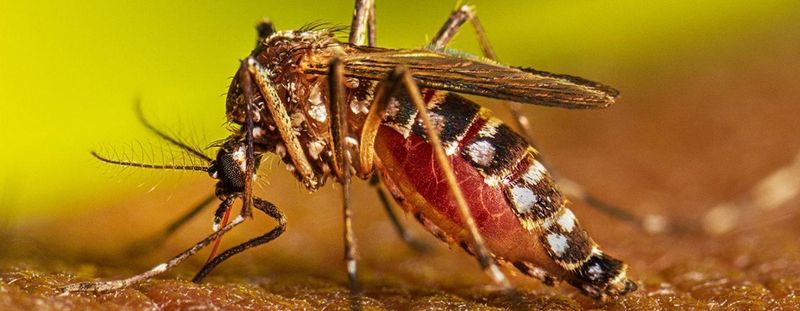
North Carolina’s varied geography, from its coastal plains to mountainous regions, supports a broad range of mosquito species. The state’s humid summers are particularly conducive to mosquito breeding.
Efforts to curb mosquito populations include statewide awareness initiatives and local spraying programs. These measures aim to reduce the health risks associated with mosquito bites.
Outdoor enthusiasts can enjoy North Carolina’s landscapes by applying insect repellent and avoiding peak mosquito activity times, typically around dawn and dusk.
South Carolina
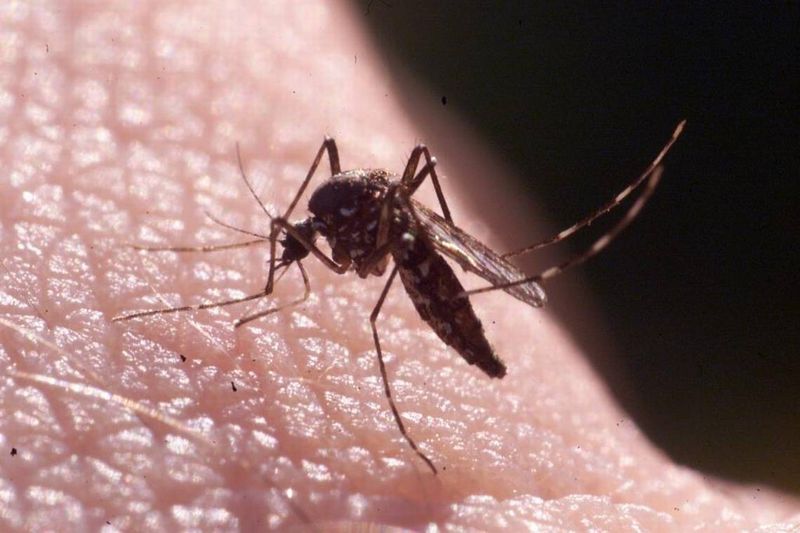
South Carolina is home to marshes and wetlands, environments that are perfect for mosquitoes. The state’s subtropical climate further facilitates mosquito reproduction throughout much of the year.
Public health campaigns focus on educating residents about reducing standing water and using repellents to decrease mosquito interactions.
For those exploring South Carolina’s natural wonders, taking precautions against mosquitoes is essential to fully enjoy the experience. From coastal regions to inland forests, being prepared enhances every adventure.
Arkansas
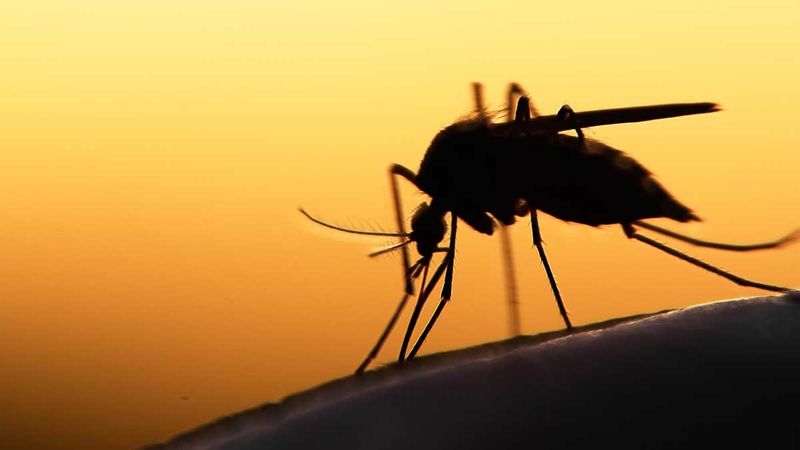
Arkansas, with its warm climate and abundant water bodies, faces significant mosquito challenges. The state’s diverse ecosystems support various mosquito species, especially during summer.
Local governments often engage in spraying and public education to mitigate mosquito issues. These efforts are crucial in reducing the health risks associated with mosquito bites.
Residents and visitors are encouraged to use repellents and protective clothing. Exploring Arkansas’s natural landscapes is more enjoyable when steps are taken to minimize mosquito exposure.
Tennessee
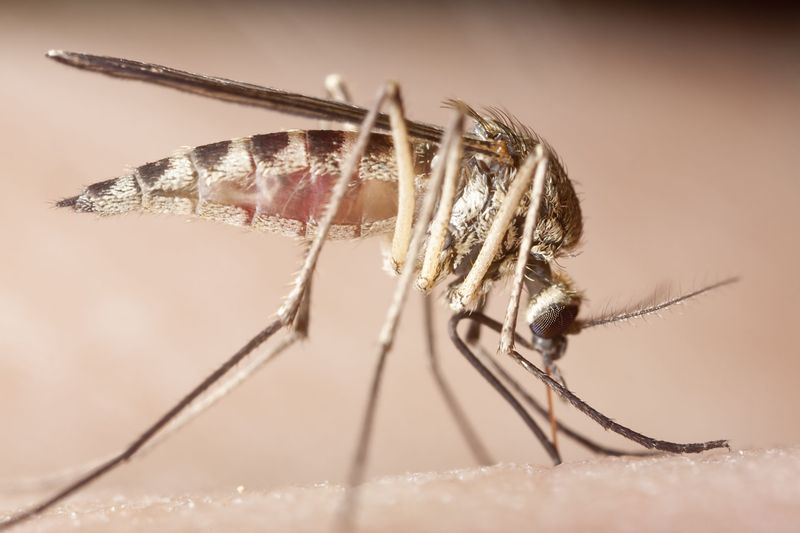
Tennessee’s warm climate and lush vegetation provide a welcoming environment for mosquitoes. The state’s seasonal rains contribute to mosquito breeding, especially in the summer months.
Efforts to control mosquito populations often involve community cooperation and public health campaigns. These initiatives emphasize the importance of preventative measures.
For those enjoying Tennessee’s outdoor activities, using insect repellent and wearing long sleeves are practical ways to avoid mosquito bites and enjoy nature.
Virginia
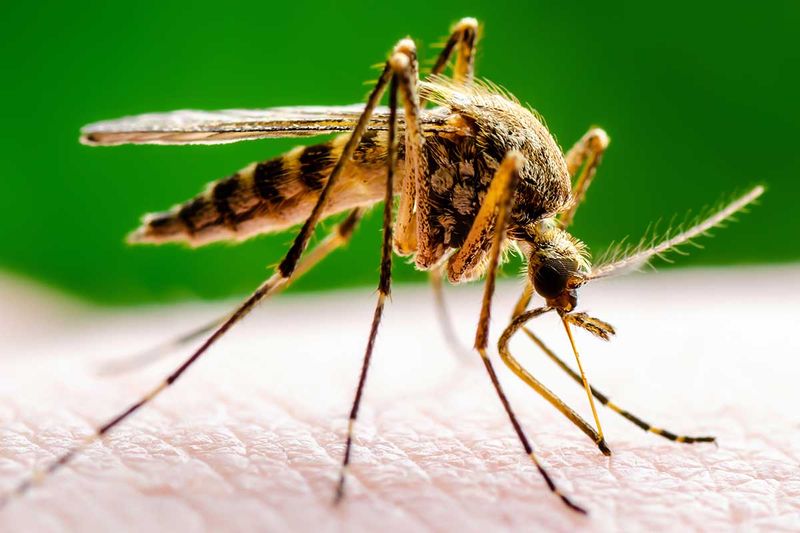
Virginia’s temperate climate and diverse landscapes, from coasts to forests, create ample opportunities for mosquito breeding. The state’s humid summers further exacerbate this issue.
Public health initiatives focus on mosquito control through education and strategic local interventions. Managing standing water and using repellents are part of these efforts.
Visitors and residents alike can enjoy Virginia’s natural beauty by preparing for mosquito encounters, ensuring that these pests do not detract from the experience.
Maryland

Maryland’s wetlands and humid climate provide ideal conditions for mosquitoes. This state experiences significant mosquito activity, especially in its coastal and marshy regions.
Efforts to control these populations include public health campaigns and environmental management practices. These strategies aim to reduce the incidence of mosquito-borne diseases.
Exploring Maryland’s outdoors, from the Chesapeake Bay to its numerous parks, is more enjoyable with mosquito repellent and awareness of peak activity times.
New Jersey
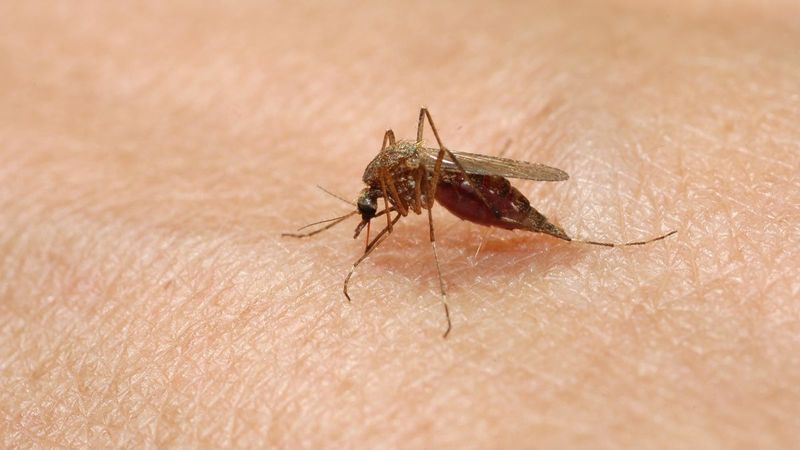
New Jersey’s mix of urban and rural landscapes, along with its warm, humid summers, supports a diverse mosquito population. The state often sees increased mosquito activity following heavy rains.
Public health efforts focus on educating communities about mosquito prevention, including eliminating breeding sites and using effective repellents.
For those enjoying New Jersey’s outdoor spaces, whether parks or beaches, being mosquito-aware is key to a pleasant experience. Preparation helps in avoiding the discomfort of bites while exploring the state’s natural beauty.
New York
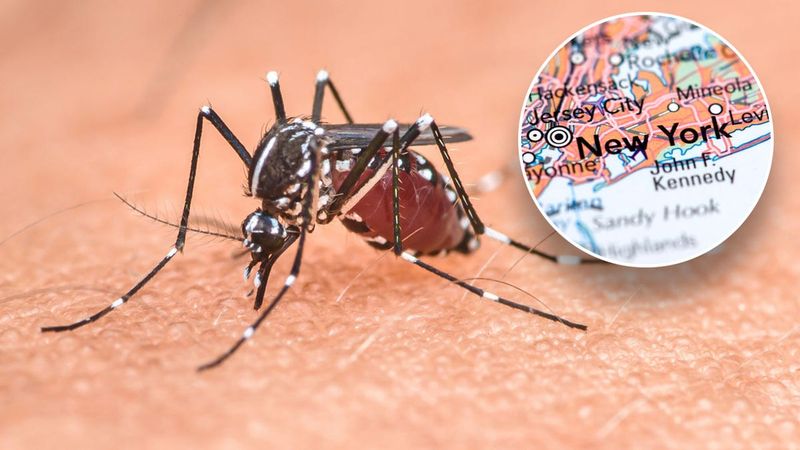
New York’s varied topography, from urban areas to forests and wetlands, fosters diverse mosquito habitats. The state’s warm, humid summers are particularly conducive to mosquito proliferation.
Efforts to manage mosquito populations include citywide and local initiatives, focusing on both control and public education. Preventative measures are emphasized to minimize health risks.
Visitors and residents can better enjoy New York’s outdoors by using repellents and being aware of mosquito activity patterns, enhancing their experience in nature.
California

California’s diverse climate zones, from coastal areas to inland valleys, support various mosquito species. The state’s warm temperatures and occasional wet winters contribute to mosquito breeding cycles.
Efforts to control mosquito populations often involve community education and targeted spraying programs, especially in wetter regions. Public awareness is crucial in these initiatives.
Visiting California’s beautiful landscapes, from vineyards to beaches, is more enjoyable when taking measures against mosquito bites, ensuring a comfortable and safe outdoor experience.
Illinois
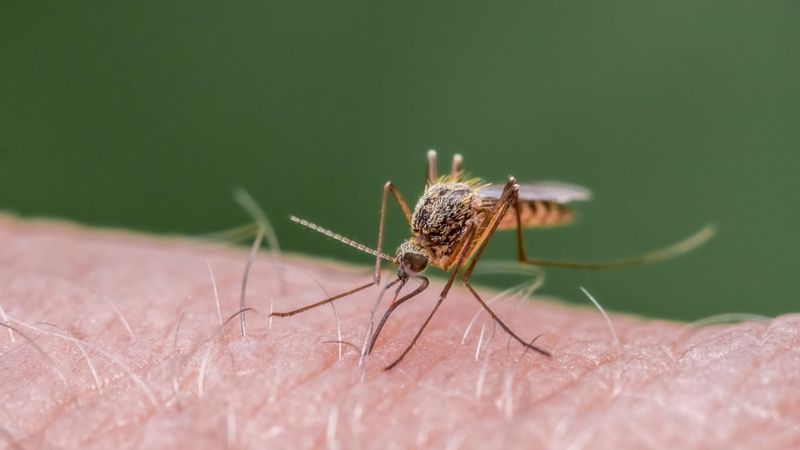
Illinois, with its mix of urban and rural landscapes, experiences significant mosquito activity, particularly in the warm, humid months. The state’s rivers and lakes provide ideal breeding sites.
Efforts to control mosquito populations include public health campaigns and community involvement in managing standing water. These initiatives aim to reduce the risk of mosquito-borne diseases.
For residents and visitors, using repellents and staying informed about mosquito activity enhances the enjoyment of Illinois’ outdoor environments.

